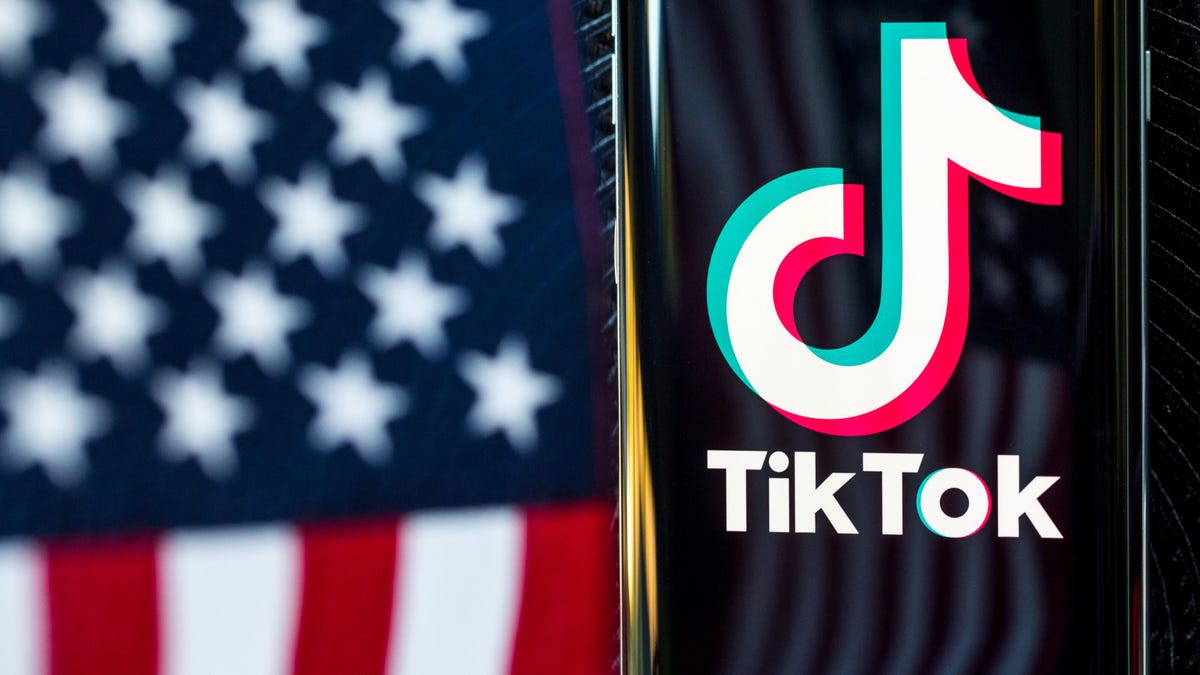Trump administration calls for broad ban on 'untrusted' Chinese apps like TikTok
Chinese apps threaten privacy and "spread propaganda and disinformation," the Trump administration says.

The US Department of State unveiled on Wednesday the Clean Network program, calling it an effort to protect individual and corporate privacy , as well as sensitive information. Secretary of State Mike Pompeo said the program will guard against "aggressive intrusions by malign actors, such as the Chinese Communist Party."
Pompeo said the program had five elements to protect carrier networks and infrastructure in the US, which build on the Trump administration's 5G Clean Path initiative announced in April. The program proposes vast updates to the way the internet is structured, with the goal of scrutinizing how undersea cables and cloud providers could be giving the Chinese government access to US data. It also seeks to remove popular US apps from Chinese phones made by Huawei and others, while urging US app stores not to offer apps from companies based in China.
Additionally, it urges the US Federal Communications Commission to revoke authority from a group of Chinese telcom providers to provide service in and out of the United States.
"We call on all freedom loving nations and companies to join a clean network," Pompeo said during a press conference announcing the program Wednesday.
It's unclear what legal authority the State Department will use to bring about the Clean Network program's goals. The program appears to be a further alarm raised by the Trump administration about Chinese access to US data. The US department of Justice charged Chinese hackers for cyberattacks that aimed in part to steal research on a potential COVID-19 vaccine. Separately, Pompeo and Trump have both spoken on the need to take action on TikTok, an app made by Beijing-based company ByteDance that's popular in the US.
The State Department declined to provide more information on how the new plan will affect TikTok, but Pompeo reiterated his stance that action needs to be taken to protect US TikTok users' data. Microsoft and reportedly Apple are now both interested in buying up the TikTok app from ByteDance.
The five sections of the Clean Network program are:
- Clean Store: Removing Chinese apps from US mobile app stores because they "threaten our privacy, proliferate viruses, and spread propaganda and disinformation"
- Clean Apps: Preventing Chinese phone makers from pre-installing or making available on their US app stores any Chinese apps
- Clean Cloud: Preventing American data -- "including COVID-19 vaccine research" -- from being stored on cloud systems owned by Chinese companies, including Alibaba, Baidu and Tencent
- Clean Carrier: Making sure Chinese carriers aren't connected to US networks due to national security concerns
- Clean Cable: Ensuring subsea internet cables aren't being "subverted for intelligence gathering by the PRC at hyper scale," referring to the Peoples Republic of China.
Pompeo specifically called out Huawei, calling the Chinese tech giant "an arm of the PRC surveillance state" in his announcement, adding that Huawei, "is trading on the innovations and reputations of leading US and foreign companies."
He further urged US companies to "remove their apps from Huawei's app store to ensure they are not partnering with a human rights abuser."
TikTok said its US user data is stored in the US. "TikTok's biggest investors come from the US. Our content and moderation policies are led by our US-based team and are not influenced by any foreign government. We are committed to protecting our users' privacy and safety," a TikTok spokesperson said in an emailed statement.
Huawei, Tencent, Baidu and Alibaba didn't immediately respond to requests for comment.



